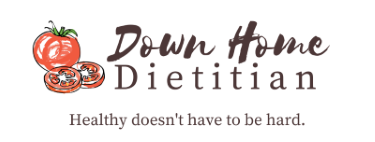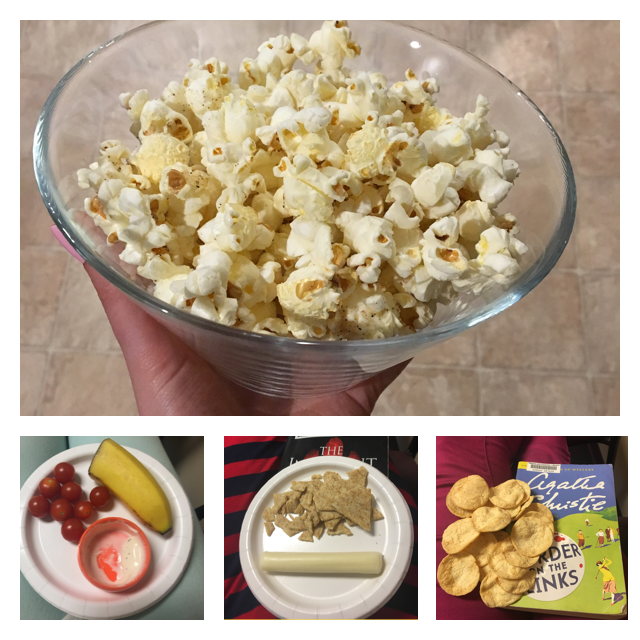Snacks! Who doesn’t love a good snack? Snacking is a great way to stabilize your blood sugar and energy levels and stave off nagging hunger. Prevent being over-hungry is also a great way to prevent nighttime cravings or bingeing. So where to start?
When Should I Eat a Snack?
It’s pretty simple – if you are hungry and there isn’t a meal on the docket for the next 1-2 hours, it’s snack time! If you are hungry, your body is asking for more energy to meet its energy needs right in the moment. If it doesn’t get a response from you (aka – food!), it’s going to slow your metabolism down in order to economize. If you do feed it, it knows it can trust you to take care of its energy needs, and it will fire on all cylinders. Plus, you get to eat a snack…it’s a win-win!
What Makes a Satisfying Snack?
You want to make sure your snack addresses both physical hunger and biochemical hunger. Physical hunger is the actual emptiness in your stomach, while biochemical hunger is a declining blood glucose (which is your body’s fuel).
To satisfy physical hunger, include a protein because it is slow digesting. This will ensure that it stays in your stomach for at least an hour or two, getting you to your next meal. Proteins you might choose for snacks include:
- cheese
- cottage cheese
- deli meat
- nuts or nut butter
- hard-boiled eggs
- Greek yogurt
To satisfy biochemical hunger, you’ll need a food that raises blood sugar a bit to provide the energy you’ll need for 1-2 more hours until your next meal. The only foods that directly break down into blood glucose are carbohydrates, since they are made of pieces of glucose. Some carbohydrates are made of individual glucose pieces or short chains of glucose. These are called simple carbohydrates, and because they are small they digest very quickly, and therefore raise blood glucose very quickly. Other carbohydrates are called complex carbohydrates, and are made of long chains of glucose. The long chains take longer to digest, and therefore raise blood glucose much more gradually. The gradual rise in glucose means a more stable blood sugar, longer-lasting energy, and a lower likelihood of your body storing “extra” blood glucose as fat. Choosing a complex carbohydrate is a great way to go.
There are also a couple of carb-containing foods that have simple carbohydrates, but contain a natural nutritional “buffer” that slows their digestion, making them act more like a complex carbohydrate. For example, fruit is high in fiber (which slows digestion) and milk and yogurt contain protein. Here are some great carbohydrate options for snacks:
- fresh, canned, or dried fruit
- Greek yogurt (bonus: also contains protein!)
- popcorn
- whole grain crackers
- whole grain chips




